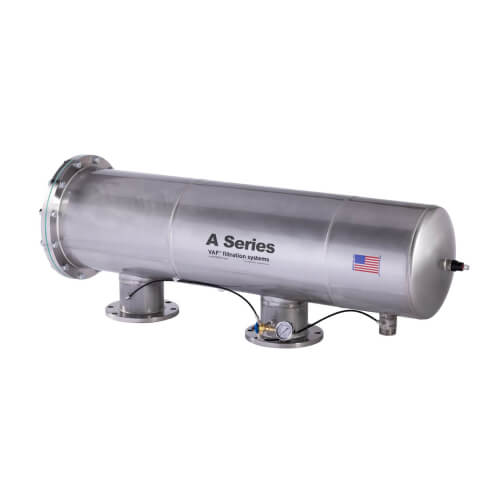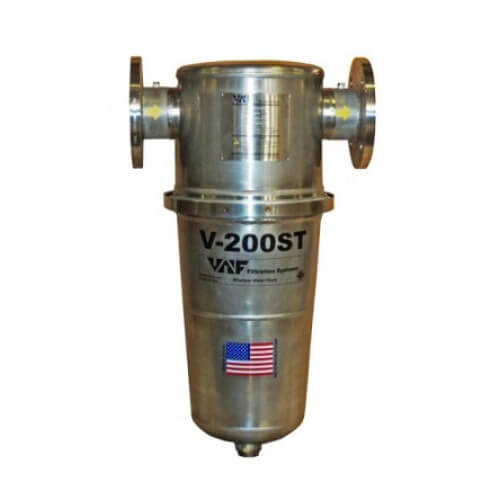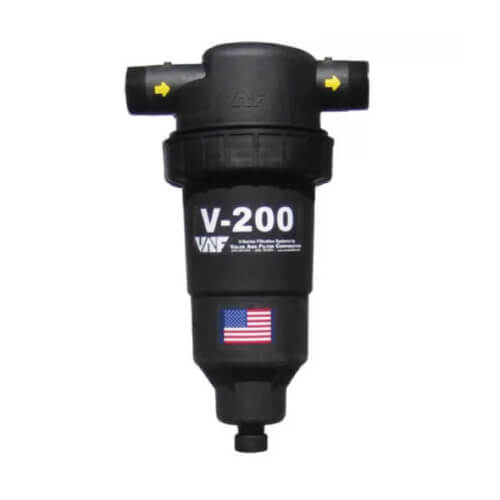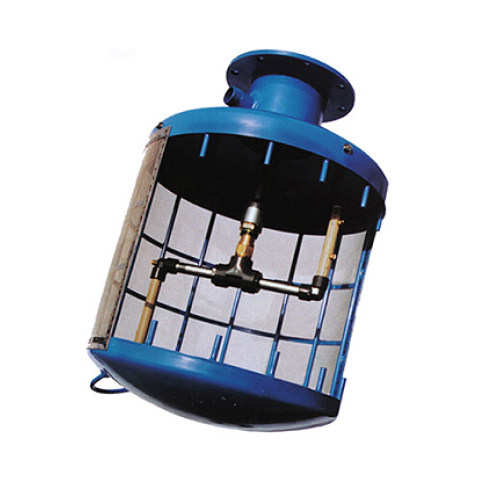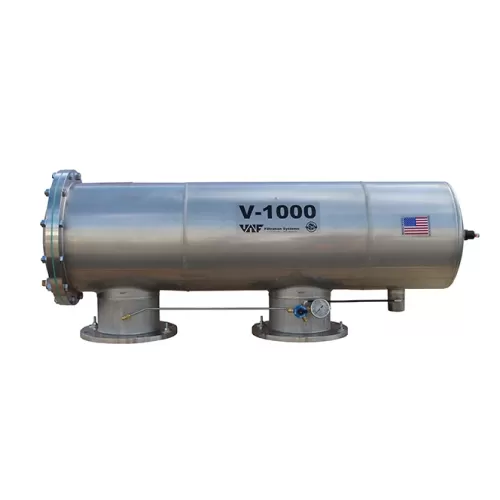Recent Posts
Irrigation Systems in Water-Scarce Regions
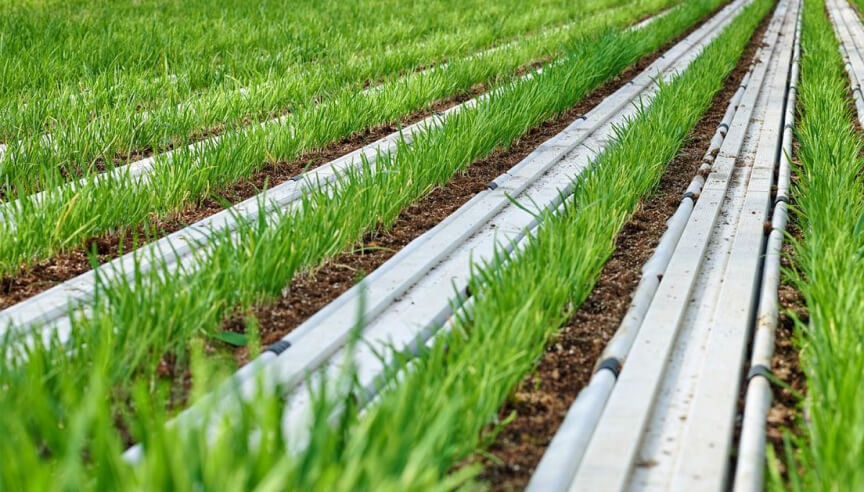
Among the innovative solutions, irrigation systems equipped with self-flushing, self-cleaning mesh filtration emerge as game-changers, offering efficient water utilization and conservation.
Preserving Vital Resources: The Crucial Role of Irrigation Systems in Water-Scarce Regions
In regions grappling with water scarcity, the effective management of limited water resources becomes imperative for sustaining agriculture, ensuring food security, and fostering economic stability. Among the innovative solutions, irrigation systems equipped with self-flushing, self-cleaning mesh filtration emerge as game-changers, offering efficient water utilization and conservation.
Water Scarcity and Agriculture
Water scarcity poses a significant challenge to agricultural productivity and livelihoods in arid and semi-arid regions worldwide. Insufficient rainfall and depleting freshwater sources heighten the need for innovative approaches to sustain crop cultivation and maintain ecosystems in these areas.
The Role of Irrigation Systems
Irrigation systems play a pivotal role in optimizing water use for agriculture. These systems, ranging from drip irrigation to sprinkler systems, deliver controlled amounts of water directly to plants, minimizing wastage and maximizing efficiency. In regions where fresh water is scarce, the effective deployment of irrigation technologies becomes paramount.
Challenges of Conventional Filtration Systems
Traditional irrigation systems often face challenges associated with filter clogging and maintenance. As water passes through conventional filters, sediment, debris, and particles accumulate, impeding water flow and requiring frequent cleaning or replacement. In water-scarce areas, this poses a significant hurdle to sustainable agriculture.
Innovative Self-Flushing, Self-Cleaning Mesh Filtration
The integration of self-flushing, self-cleaning mesh filtration technology within irrigation systems marks a revolutionary advancement. These filters employ automated mechanisms to continuously flush out accumulated debris, ensuring uninterrupted water flow and minimizing the need for manual intervention.
Efficient Water Utilization
By incorporating self-cleaning mesh filters, irrigation systems can maintain consistent water flow rates without succumbing to clogging. This efficient filtration process reduces the strain on pumps, minimizes downtime for maintenance, and optimizes water utilization—a crucial factor in regions where every drop counts.
Conservation of Limited Water Resources
Self-flushing, self-cleaning mesh filters contribute significantly to water conservation. By preventing blockages and ensuring a steady flow of clean water to crops, these filters help maximize the use of limited water resources, enhancing the sustainability of agricultural practices in water-stressed areas.
Conclusion
In regions grappling with water scarcity, the adoption of efficient irrigation systems equipped with self-flushing, self-cleaning mesh filtration represents a monumental stride towards sustainable agriculture. These innovative technologies mitigate challenges associated with conventional filtration systems, ensuring uninterrupted water flow while conserving precious water resources.
As the global population grows and water scarcity intensifies, the importance of deploying advanced irrigation systems becomes increasingly apparent. The incorporation of self-cleaning mesh filters stands as a beacon of hope, offering a pragmatic and effective solution for maintaining agricultural productivity, preserving water resources, and fostering resilience in areas where fresh water is scarce.

